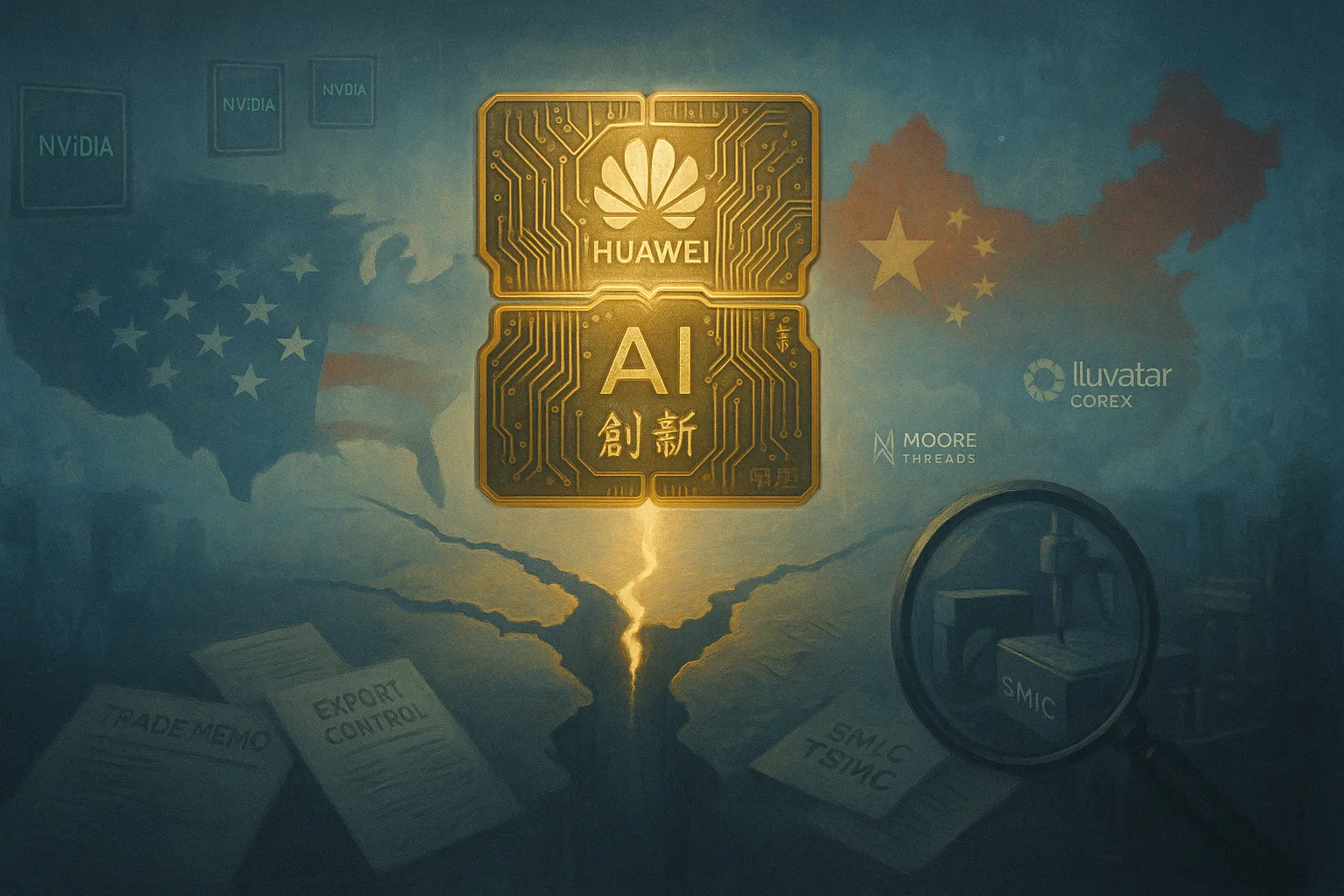The new 910C chip matches the performance of Nvidia's H100 through a clever workaround. Huawei combined two 910B processors into one package and added improvements for handling AI tasks. Some customers already have their hands on early shipments.
This development comes as Washington tightens its grip on China's access to advanced AI technology. The US just blacklisted 16 Chinese companies, including Sophgo Technologies, over concerns about chip diversions. Officials also told chip makers like TSMC and Samsung to watch their Chinese customers more closely.
The restrictions hit Nvidia hard. The company now needs export licenses for its H20 chip – previously its main product for Chinese buyers. This created a gap in China's AI market that Huawei rushed to fill.
But questions linger about how Huawei makes these chips. Sources say China's SMIC produces some components, though with low success rates. More interesting: some 910C chips allegedly use parts that TSMC made for Sophgo, a detail that caught Washington's attention.
The Commerce Department started investigating TSMC's work with Sophgo after finding one of their chips in an earlier Huawei processor. TSMC made about three million chips matching Sophgo's designs recently. When asked, Huawei denied using TSMC-made Sophgo chips, and TSMC said they follow all rules and haven't supplied Huawei since 2020.
This shuffle marks a turning point in the AI chip world. Chinese companies like Moore Threads and Iluvatar CoreX now see their chance to grab market share from Nvidia. Paul Triolo from Albright Stonebridge Group puts it simply: Huawei's 910C will become Chinese AI developers' go-to chip.
The story shows how export controls can backfire. By pushing Nvidia out, Washington may have accidentally helped China build its own AI chip industry faster than anyone expected.
Why this matters:
- The US-China tech split just got real: Washington's attempt to control AI chip exports pushed China to develop alternatives years ahead of schedule
- Sometimes the best business strategy is having competitors who face export controls









